Learn Chinese Idiom Name, Pinyin, English

- Idiom in Chinese-兔丝附女萝 (比喻夫妻互相依附)。
- Pinyin of Idiom– tù sī fù nǚ luó.
- Idiom’s Meaning in English– This idiom depicts a parasitic relationship where one thing relies heavily on another for survival or growth, much like a vine clinging to an ivy plant. It suggests a close and inseparable bond or connection.
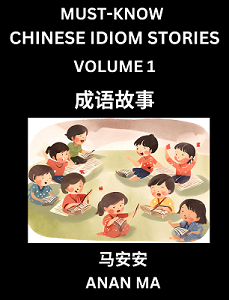
Chinese Idiom Stories Books (HSK All Levels):
- Books to Learn Chinese Idiom Stories (Part 1)
- Books to Learn Chinese Idiom Stories (Part 2)
- Books to Learn Chinese Idiom Stories (Part 3)
Learn Chinese Idiom Story in English (成语故事的英文)
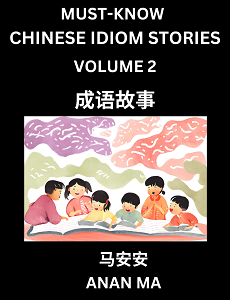
In ancient times, there was a parasitic plant called “tù sī” (parasitic vine). Unable to grow independently, it had to rely on other plants for survival. One such plant it often clung to was “nǚ luó” (ivy). This symbiotic relationship between tù sī and nǚ luó was common in nature, and people used it as a metaphor to describe a dependent or attached relationship between people. It signified a close bond where one person relied heavily on the other for support.
Learn Idiom Story in Chinese (成语故事)
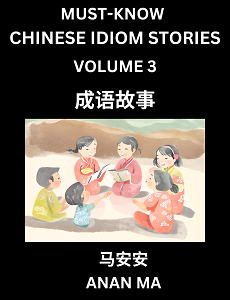
古时候,有一种名为“兔丝”的寄生植物,它无法独立生长,必须依附在其他植物上才能生存。而“女萝”正是一种常见的藤蔓植物,兔丝常常攀附在女萝上,与之共生。这种依赖关系在自然界中十分常见,而人们也借此来比喻人际关系中的依赖和依附。
Learn Keywords with English, Simplified Chinese Characters, and Pinyin (关键词)
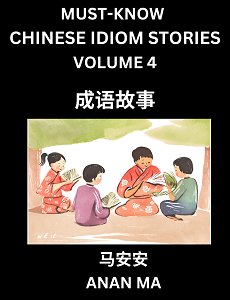
- 兔丝:tù sī – parasitic vine
- 女萝:nǚ luó – ivy
- 寄生:jì shēng – parasitic
- 依附:yī fù – to depend on; to attach oneself to
Pinyin of Idiom Story (故事的拼音)
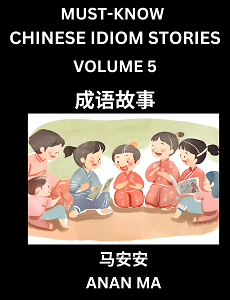
Gǔ shíhòu, yǒuyī zhǒng míng wèi “tù sī” de jìshēng zhíwù, tā wúfǎ dúlì shēngzhǎng, bìxū yīfù zài qítā zhíwù shàng cáinéng shēngcún. Ér “nǚ luó” zhèng shì yī zhǒng chángjiàn de téngwàn zhíwù, tù sī chángcháng pānfù zài nǚ luó shàng, yǔ zhī gòngshēng. Zhè zhǒng yīlài guānxì zài zìránjiè zhōng shífēn chángjiàn, ér rénmen yě jiè cǐ lái bǐyù rénjì guānxì zhōng de yīlài hé yīfù.




